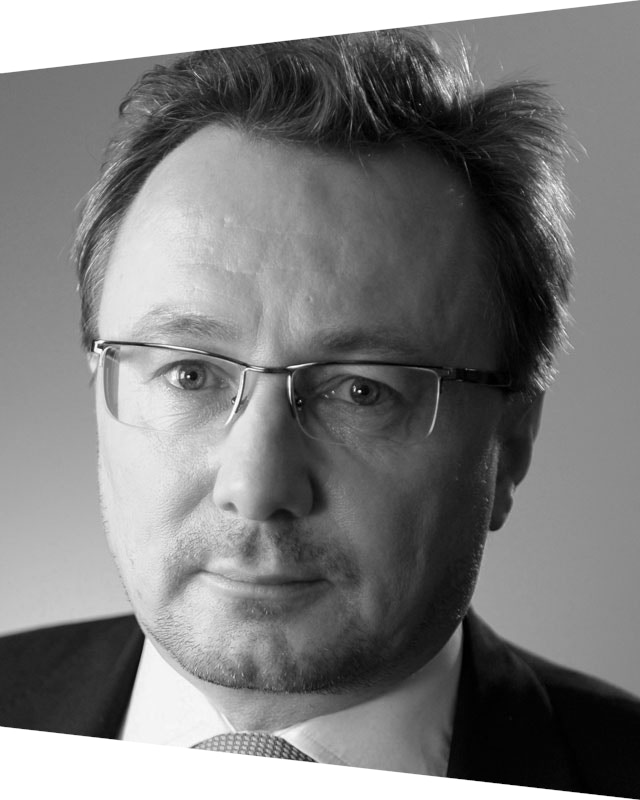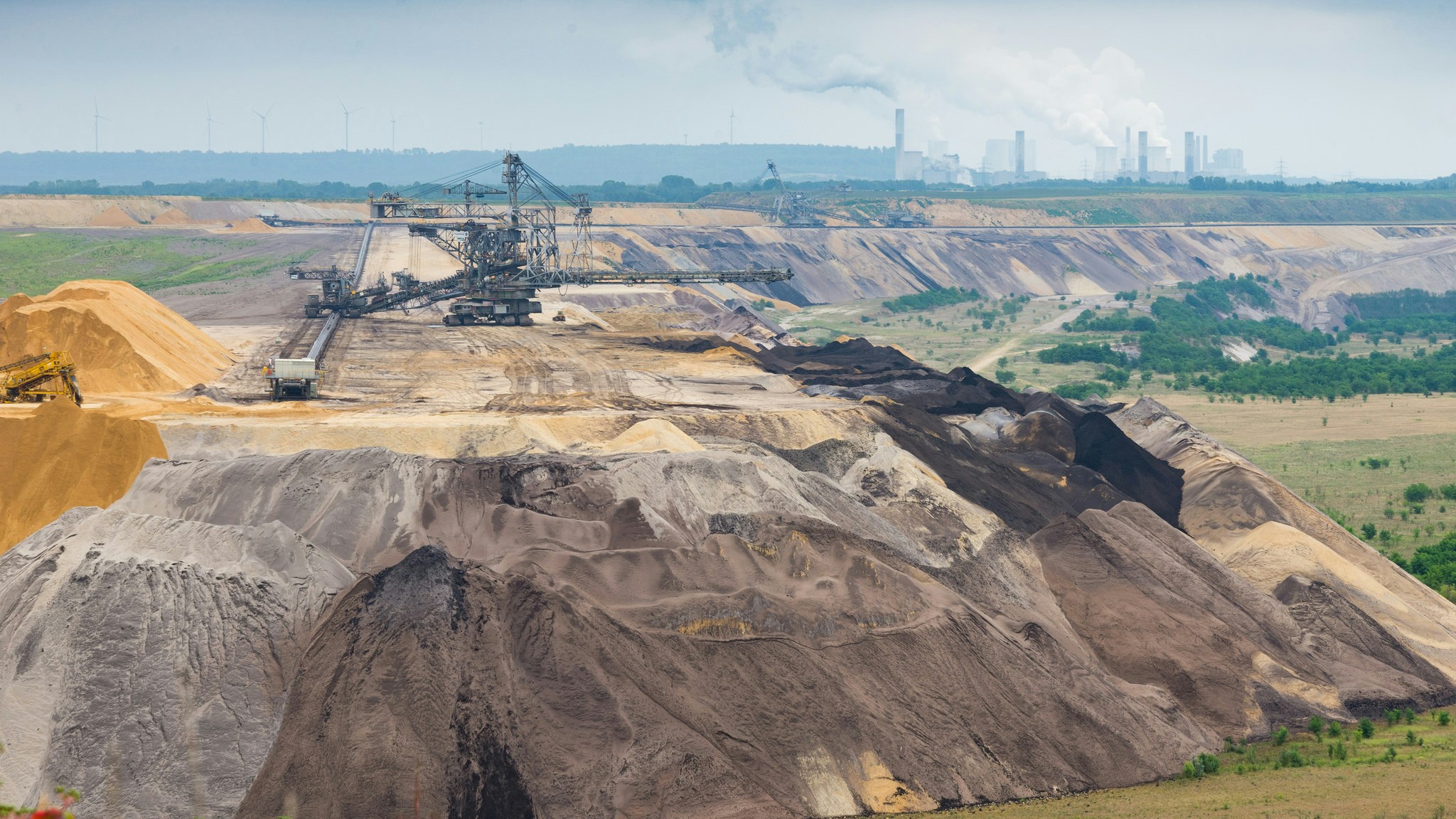Ending growth? There are more important things to do
While we are fighting over the right economic system, we are running out of time. Here is a better thing to do.
In September 2018, a group of more than 240 scientists, politicians, and policy makers gathered in Brussels for a landmark conference. They proudly announced that they planned to work together and push for a new economic system, a »post-growth economy«. In a letter that was widely published, they also addressed the European public:
False hope!
In doing so, the group unleashed yet another wave of hope – hope that humanity will finally move away from its suicidal economic system before climate change, acidified oceans and mountains of plastic waste overwhelm us all. Unfortunately, however, that hope will not be fulfilled because these more than 240 people will change absolutely nothing. Worse, by offering false comfort that a transformation might soon be underway, they risk delaying the radical changes that are actually necessary.
Missing the point!
For many decades, environmental groups have proposed a variety of solutions to humanity’s economic and ecological challenges. Many, like the group who published the current letter, have encouraged societies to adopt a different model of economic development, promoting concepts like the circular economy, green economics and degrowth.
Yet their proposals have had almost no impact. The level of environmental destruction has continued to grow,
The reason for their failure is that the suggestions put forward by groups like the one mentioned above fail to understand what is actually needed to solve humanity’s environmental challenges. As they repeatedly show, it is relatively easy to paint a picture of a more sustainable economic system where there is a better life for all. But that is not what is needed.
What is needed is to explain to everyone how to get there!

How »common sense« …
All groups continue to fail because they have not identified ways to overcome the resistance to change. This is because they have failed to properly understand something known as the »historical bloc«, which stops change from happening. This is not surprising because the sheer scale and breadth of the historical bloc is difficult to grasp.
In all human societies, there is a coalition of interest groups which drives concepts of social development through the spread of ideas, institutions, and individual values. This is not done consciously even though these ideas can sometimes be deliberately manipulated. But it is not part of some grand plan to rule the world from inside a volcano or some great conspiracy. It is more a coalescence of ideas that gradually come to dominate social thinking over many years, even if some were once on the radical fringes.
Today’s coalition of interest groups includes elected politicians, the media, international organisations such as the IMF, World Bank, EU and UN, religious organisations, the judiciary, the academic world as well as trades unions and big business. Wider society plays an essential role in the creation of this consensus too, though more passively.
The coalition develops and promotes a broad consensus about how society should be organised, about how leaders should be chosen and what is meant by political philosophy. In modern societies, the consensus about how society should develop has coalesced around a set of ideas which make the sort of change proposed by environmentalists impossible. What is needed is a much more radical restructuring of the entire system before there can be change. But this cannot happen while the current consensus remains wedded to the status quo.
… creates a »historical bloc«
The ideas that dominate today, which are the foundations of the current consensus, are built on the pillars of free-market neo-liberal economics. They include the following:
- Economic growth as primary goal: Economic growth is viewed as essential to create jobs, alleviate poverty, and reduce inequality even though, in reality, it does none of these things in the long run. The current economic system actually widens inequality globally because the rich receive the profits. But this is not what most people think, so the consensus for demanding ever more economic growth remains.
- The influence of government and regulation should be minimised: The notion, prominently promoted by the Unites Stated, that the »invisible hand« of the free-market should be allowed to allocate resources and reward the worthy. Businesses should be given as much freedom as possible.
- Individuals are »free and rational« decision-makers: The »power« of the individual to decide freely and based on reason is seen as a form of freedom. Democracy is viewed as the best form of governance, even when it fails to achieve continued progress for the majority.
All these ideas become embedded and self-reinforcing, even when they are wrong or extremely ecologically destructive. They are promoted most enthusiastically by those who gain from them, as well as by the media and big-business, and then reflected and magnified by the politicians as well as the majority of people. This way, the entire system becomes a self-fulfilling web of ideas which is hugely resistant to change.
We have a massive fear of change!
It is this »historical bloc« – this historical blockage – that explains why all these nice ideas for a different approach put out by well-meaning environmentalists have failed. Even in the face of rapidly worsening climate change, rising numbers of migrants, obviously failing political systems and growing risks of international conflict, the fear of change, and the power of the current »common sense« view of the world predominates.

Most of society’s intellectuals are part of this »historical bloc« which hinders change too, locked into the system and its current approach to development, imprisoned by its ideas. Embedded in their academic silos they cannot solve the big social and environmental problems because they cannot stand back far enough to see that it is the entire system that needs to change, not particular elements of it.
The change that we really need!
As Antonio Gramsci, the originator of the »historical bloc« concept identified, radical change is not possible in such complex systems until there is a consensus for that change. Before change can happen, a sufficient number of society’s institutions, political groups and people – often estimated to be 15–20% – have to understand that it is needed. This is the essential condition for a transformation, and it is not currently being met. Rather, the majority remain wedded to the ideas of the past and the destructive system that these promote.
Before societies can move ahead, therefore, they will need to completely rethink their relationship with nature and redefine what is meant by progress, happiness and purpose. They will need to redefine leisure, so that it does not equal consumption, and encourage cooperation, not competition. They will have to end services of no useful value and stop wasting huge amounts of energy and time creating products at the expense of nature.
We are running out of time!
Working through the consequences of the transition to a sustainable system of human development will take a very long time, probably many decades. It will require something like a new enlightenment, as well as a change in mindset, in human values, and ideas of well-being. Societies will need to radically rethink almost everything they consider normal.

So, what’s the alternative to the ideas promoted by the more than 240 people – before we run out of time?
The alternative is not to try and change the system at all – which would take decades that we don’t have. It is not to explain how to change the system either. It is to do only what is necessary to slow the pace of climate change and stop the rise in average temperatures getting out of control. (That this process will lead many to question the current economic system is an advantage, but it should not be a main goal.) The goal should be to do anything necessary to avoid an environmental crisis, regardless of the economic and social consequences.
How can we avoid the climate catastrophe?
We have less than 20 years
Who would be in this coalition and what would they need to do? Obvious members are countries like Germany, Austria and Scandinavian countries. The people in these countries understand the problem better and have a willingness to work together for the good of all. Another member may be China, which has a goal to become ecologically sustainable, and thinks long term. Other members of the coalition could be organisations like the catholic church, which understand the ecological risks and the economic causes well, as well as other religious organisations, parts of the judiciary, some of those in the academic world and the military, which understand the security risks of climate change.
What do they need to do? There are 5 tasks which need to be urgently undertaken.
- First, we need to shut down the fossil sector (coal first) as well as the most energy intensive industries as fast as possible – to reduce current greenhouse gas emissions by 35% by 2030 and 80% by 2040. This needs to happen regardless of the cost and economic consequences.
- Second, we need to strictly limit the use of conventional cars, aircraft, diesel trains, ships and trucks, even if there are no alternatives, in order to cut emissions at a similar rate.
- Third, societies need to invest heavily in carbon capture, renewable energy, insulation and electrification with as much state support as necessary, regardless of the financial consequences.
- Fourth, countries need to work together to redesign their national and global welfare systems to support those countries and individuals that will lose out during the transition.
- Fifth, everyone then needs to wait 20 years.
If enough people do this, the climate problem will stop getting worse by the late 2030s – that is about the best chance we have now.
You want to read this article in German? Click here!
More information about the project can be found here (in German)!
Titelbild: Tobias Kaiser - copyright


